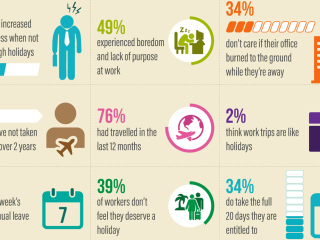Top Tips for Travelling While Pregnant
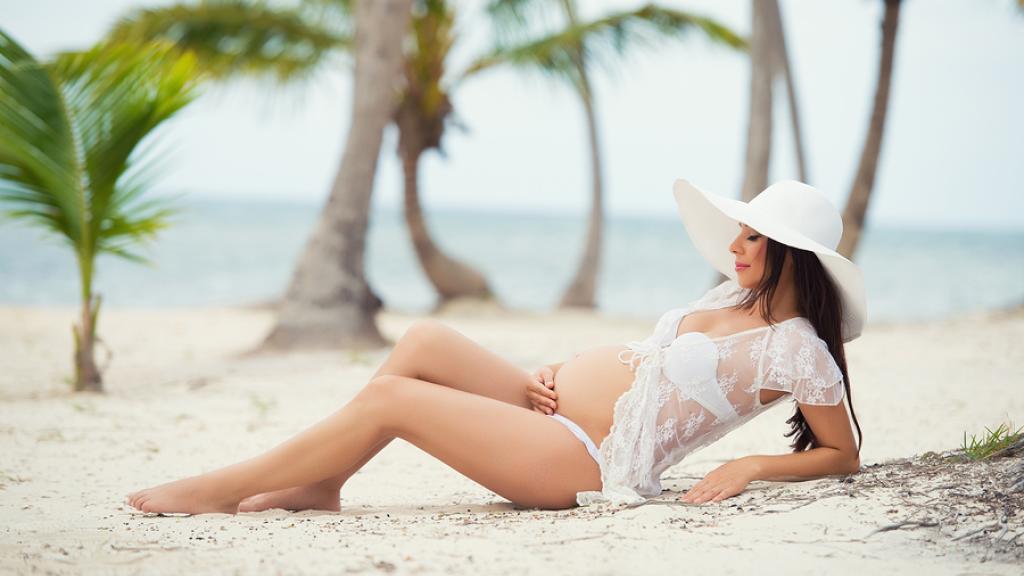
Babymoon’s are one the newest trends in travelling. Except they’re not really, it’s just their name that is. For a long time, parents-to-be have been taking romantic or relaxing breaks before their baby is born. Often women decide to travel while pregnant in order to enjoy a last holiday before their newborn baby arrives and puts their travel plans on hold. However many wonder if it is safe to travel while pregnant, whether travel insurance will cover them and what they should pack in order to make themselves comfortable. There’s a lot to consider, so we’ve put together a guide for soon-to-be-parents going on their babymoon. It covers everything from what you should to talk to your doctor about plus handy advice on packing, foods you should avoid while abroad and tips to help you stay comfortable.
Preparing
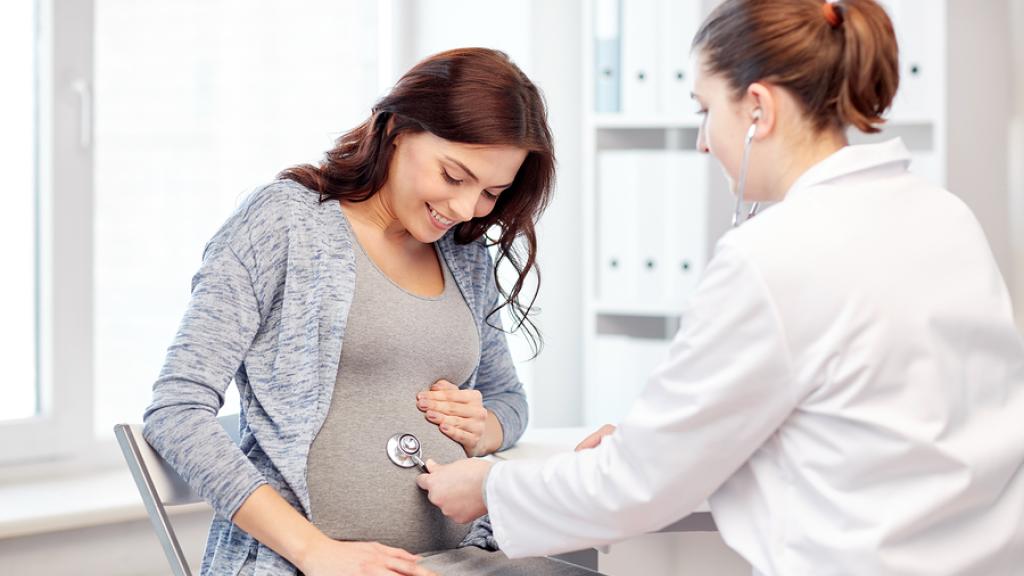
Best Time To Travel: When it comes to travelling while pregnant, the sweet spot is between 13-28 weeks. Not only has the nausea subsided but your energy levels also increase meaning you’ll feel up to the trip. The first 12 weeks generally bring the worst of the morning sickness and make you feel quite tired whereas the last 11 weeks are much more comfortable and far safer to be spent at home. Not only is the risk of pre-term labour higher but there are also few travel insurers willing to provide cover for the last trimester.
Choosing Your Destination: Your decision on where to holiday should be based on some important considerations including easy access to medical care, comfortable climate and familiar food. Typically the safest option is to explore your own backyard and holiday around Australia at popular spots like the Queensland Islands. Still if you’d prefer to travel abroad New Zealand is a breathtaking destination with a similar standard of medical care. Fiji is another holiday destination popular for babymoons because of its beautiful beaches and relaxed vibe. Similarly, Hawaii is another great option for something a little more exotic and is only 9 hours by plane.
Travel Insurance: This is an essential part of any holiday, but travel insurance becomes non-negotiable when travelling while pregnant. Be sure to find a policy which offers cover specifically for pregnancy and be sure to read over the terms carefully to make sure they cover your circumstances. Check key clauses such as how many weeks of pregnancy are covered as well as whether the policy covers multiple pregnancies, any complications that could exclude you from being covered, if it covers IVF pregnancies and any other emergencies it may cover.
See Your Doctor: Always get antenatal checks before you decide to travel anywhere and discuss with your doctor your medical history as well as any potential risks of the destination you have in mind. Be sure to get approval for travel from your doctor or midwife along with any other advice and vaccinations for health risks such as Dengue Fever, Malaria and other viruses.
Check Company Regulations: Check the regulations outlined by your airline, cruise line or tour company to ensure you can comply. You may be required to produce a letter from your doctor or midwife outlining your due date as well as any medications you may be on and any risk of complications. Typically, most airlines allow you to fly up until 36 weeks for a single pregnancy however if you’re having twins most airlines will only allow you to fly up until 32 weeks.
Packing
![Generic Stock Images - Packing Suitcase [HD]](https://www.travelonline.com/news/top-tips-for-travelling-while-pregnant/generic-stock-images-packing-suitcase-hd-52382-ws.jpg)
Suitcase: Pack as light as you can so that you don’t have to lug a big heavy suitcase around. Pack light clothing as well as your most comfortable clothes. Anything soft and stretchy like leggings will ensure you are comfortable. Pack flat comfy shoes, we recommend one closed in pair of shoes such as ballet flats for enjoying dinner at the restaurant and a pair of sandals or thongs for relaxing around the resort. Don’t forget your bump band!
Carry On: Perhaps the two most important pieces to pack with you on your carry on are compression socks and a pillow. These should help to keep you comfy on the flight. It’s also a good idea to keep your prescriptions or medicines with you at all times and throw in some healthy snacks to keep you satisfied. You should also carry your letter from your doctor confirming your due date as well as the emergency assistance number for your travel insurance provider. It’s also a good idea to look up the contact numbers and addresses of the closest local doctor or hospital where you’re travelling, just in case.
Transit
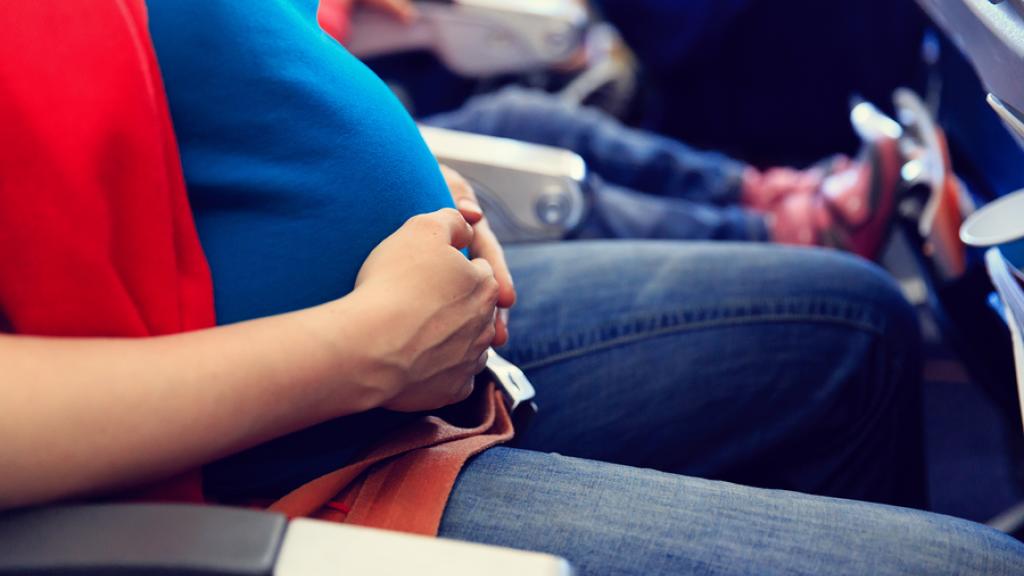
On a Plane: The easiest way to stay comfortable while flying when pregnant is to stick to shorter flights. Depending on your holiday destination this may or may not be doable. Regardless, there are some things you can do to make the plane trip more enjoyable including moving around the aircraft and doing in-seat exercises every hour or so. Stay hydrated and drink plenty of water which offers the added bonus of making you need to use the bathroom regularly which will help to keep the circulation moving. Just make sure you book an aisle seat for easy, unobstructed access to the bathroom.
On a Cruise Ship: Even if you don’t usually get seasick, the added nausea that pregnancy can bring may make you more susceptible so talk to your doctor before you leave for any advice they may have for avoiding or treating sea sickness. If you request a cabin located in the middle of the ship, this will cut down on the amount of motion you feel. Be wary of slippery floors and avoid germs by staying away from the buffet and washing your hands regularly. Take advantage of some of the light exercise options offered onboard the ship and when all else fails, take refuge in one of the relaxing adults only areas for a bit of timeout.
On a Road Trip: The best thing about a road trip is that you can travel at your own pace and take time out whenever you feel you need to stretch. Pack some healthy snacks to take in the car and keep an eye on any road signs for bathroom facilities, you don’t want to miss the last restroom for 50km! It’s also a good idea to have a list of emergency numbers just in case there are any unforseen problems between your destinations.
Staying Healthy
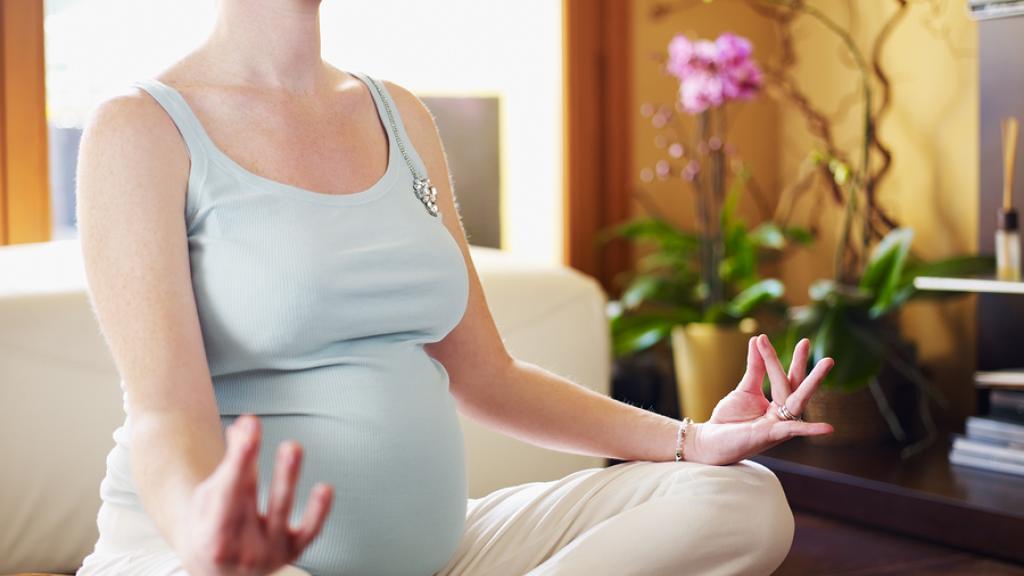
Food: When travelling while pregnant it’s best to avoid many of the same foods you should avoid at home including rare meats, pates, soft cheeses, fish and any food that could be contaminated including anything that may have been washed in local tap water.
Drink: It’s important to stay hydrated while travelling and your safest option is to drink bottled water. Avoid drinking the local tap water along with any drinks that have ice in them. To be completely safe, you should even use bottled water to brush your teeth.
Activity: Although a babymoon is your last chance to relax and enjoy a holiday before bub comes, keeping active with light exercise will help you to feel better while on holiday. You don’t need to do anything too strenuous to stay fit – yoga, walking and swimming are all fine ways to stay moving.
Posts by Category
Popular Posts
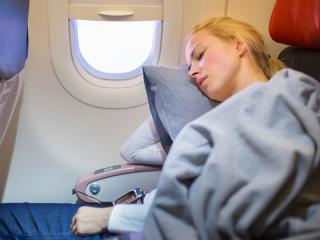
5 Simple Steps To Beat Jet Lag
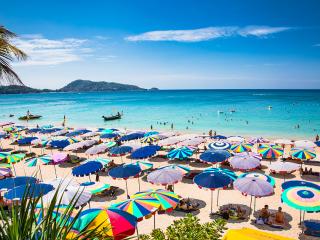
Peak Season, School Holidays or the Off-Season When is the Best Time to Travel?
